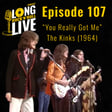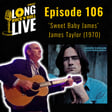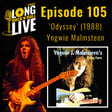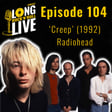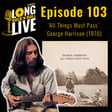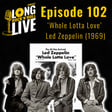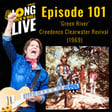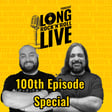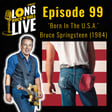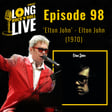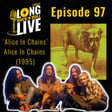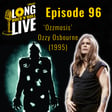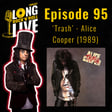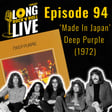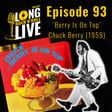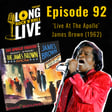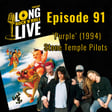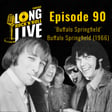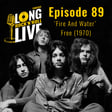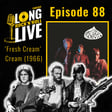
69. 'Band On The Run' - Paul McCartney & Wings (1973)
‘Winging It’
Welcome to another episode of The Long Live Rock ‘N’ Roll Podcast - where we dive deep into the world of music and dissect iconic albums that have left an indelible mark on the industry. In this episode, we're turning our attention to one of the most celebrated albums of the 1970s: ‘Band on the Run’ by Wings.
Having lost some of his musical credibility for his work post-Beatles amongst critics, Paul McCartney travelled to Nigeria, 2 band members down, to record an album that would restore any faith that fans and critics had (foolishly!) lost in him and his songwriting abilities!
‘Band On The Run’ is full of intricate songwriting, lush production and catchy melodies that have become staple McCartney songs - making it one of Paul’s most respected and renowned works. From the infectious title track to the soulful "Let Me Roll It" and the anthemic "Nineteen Hundred and Eighty-Five," we'll explore the album's diverse mix of rock, pop, and experimental sounds as well as the concept-style lyrics exploring themes of escape, liberation and resilience!
So join us as we celebrate the work of McCartney and explore why this album remains a cornerstone of Paul’s post-Beatles career and a beloved masterpiece in the annals of rock music history.
Episode 69 Playlist: https://open.spotify.com/playlist/4gAX93zYMxDhoJoI41dJdP?si=61590e807f684248
